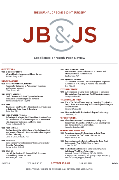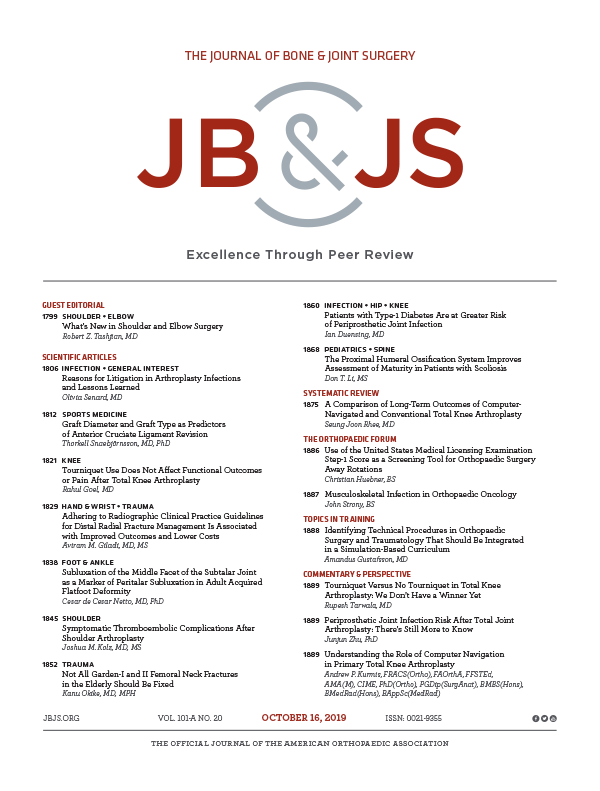
Biochemical and clinical outcomes between IV vs. topical tranexamic acid for blood loss in TKA .
Comparison of Topical and Intravenous Tranexamic Acid for Total Knee Replacement: A Randomized Double-Blinded Controlled Study of Effects on Tranexamic Acid Levels and Thrombogenic and Inflammatory Marker Levels
J Bone Joint Surg Am. 2019 Sep 20.66 patients were randomized to receive topical tranexamic acid (TXA) or intravenous (IV) TXA for the reduction of blood loss in total knee arthroplasty (TKA). The primary outcome of interest was the systemic and wound levels of plasma-anti-plasmin (PAP). Additional outcomes of interest included systemic and wound levels of prothrombin fragment 1.2 (PF1.2), interleukin (IL)-6 and TXA, total blood loss, drainage volume, time to discharge from physical therapy, length of stay, hemoglobin levels and hematocrit levels. Results revealed significantly lower levels of systemic PAP at 4 hours post-tourniquet release, higher systemic and wound TXA levels, and shorter length of stay in the intravenous group compared to the topical group. Hemoglobin levels on post-operative day 1 and 2 as well as hematocrit levels on post-operative day 2 were significantly higher in the intravenous group compared to the topical group.
Unlock the Full ACE Report
You have access to 4 more FREE articles this month.
Click below to unlock and view this ACE Reports
Unlock Now
Critical appraisals of the latest, high-impact randomized controlled trials and systematic reviews in orthopaedics
Access to OrthoEvidence podcast content, including collaborations with the Journal of Bone and Joint Surgery, interviews with internationally recognized surgeons, and roundtable discussions on orthopaedic news and topics
Subscription to The Pulse, a twice-weekly evidence-based newsletter designed to help you make better clinical decisions
Exclusive access to original content articles, including in-house systematic reviews, and articles on health research methods and hot orthopaedic topics
































































